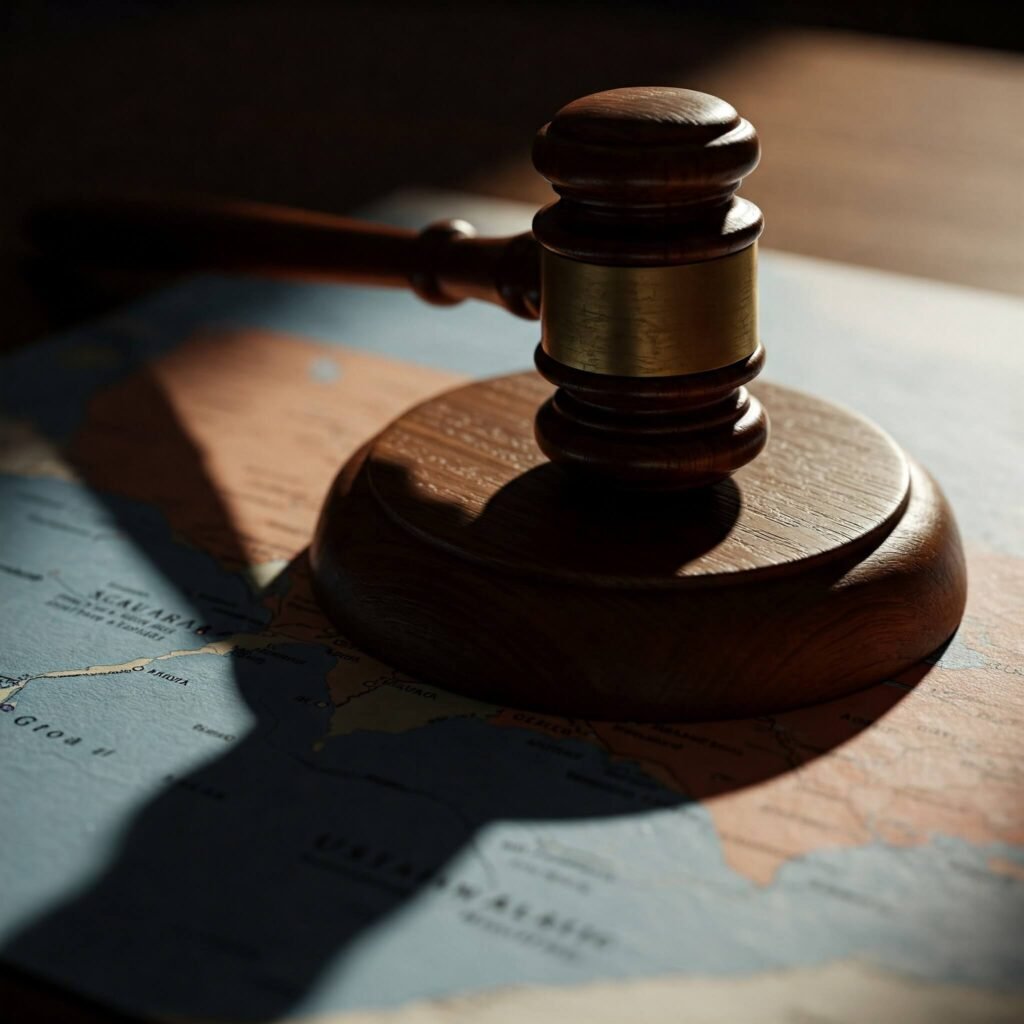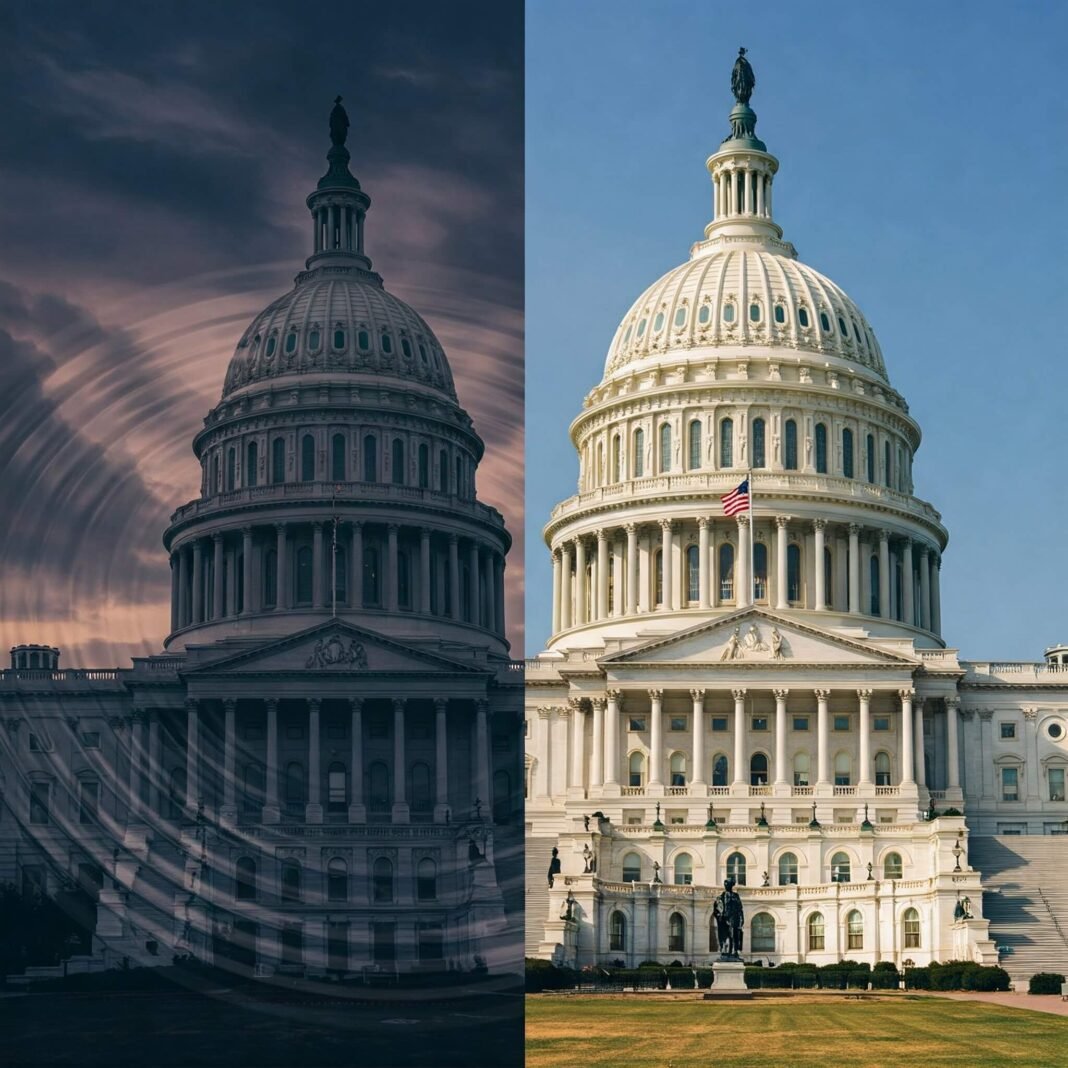When news breaks about a governor facing allegations of misconduct, corruption, or ethical lapses, political observers often focus immediately on the state level. What does this mean for the state’s leadership? What are the legal consequences? However, in our increasingly interconnected political landscape, the fallout from state-level controversies rarely stays contained within state borders. The election impact of governor scandals can, and often does, ripple outwards, potentially influencing national political dynamics and even presidential or congressional races.
You might wonder how a scandal involving a single state official could affect voters or campaigns thousands of miles away. It’s not always direct, but the mechanisms of influence are powerful and worth understanding, especially in a closely watched election cycle. Let’s delve into how these state-level issues can have a significant election impact of governor scandals on the national stage.
Understanding the Election Impact of Governor Scandals Beyond State Lines
Governors often hold prominent positions in their party; national news outlets frequently feature them, and observers sometimes even view them as potential future presidential or vice-presidential candidates. Because of this visibility, their actions – both good and bad – can reflect on the entire party.
A major scandal involving a governor can become a national news story, dominating headlines and changing the political conversation. This elevated profile means the negative associations tied to the governor can easily transfer to the party they represent, affecting public perception and, ultimately, delivering an election impact of governor scandals that goes far beyond their specific state or office.

How Governor Scandals Ripple Nationally: Election Impact Pathways
The ways governor scandals can affect national elections are multifaceted. It’s not just about one person; it’s about the broader implications for party image, voter behavior, and the political environment. Here are some key pathways for the election impact of governor scandals:
- Damage to Party Brand: When a high-profile governor becomes embroiled in scandal, it can tarnish the reputation of their entire party. Opponents quickly seize on such events to paint the party as corrupt, incompetent, or out of touch. This broad-brush negative association can hurt candidates from the same party running for national office, even if they have no connection to the scandal itself.
- Impact on Voter Enthusiasm and Turnout: Scandals can breed cynicism and disillusionment among voters. If voters lose faith in a party or the political process due to a governor’s actions, they might turn out less often to vote, affecting races up and down the ballot, including national ones. Conversely, a scandal might energize opposition voters.
- Shifting Campaign Narratives: A governor’s scandal can become a major talking point in national campaigns. Candidates might face questions about disavowing the governor, commenting on the situation, or defending their party’s integrity. This can distract from a campaign’s core message and force candidates onto the defensive, influencing the overall narrative of the election cycle.
- Influence on Fundraising and Resources: Scandals can impact a party’s ability to raise money. Donors might hesitate to contribute if they perceive a party as being mired in controversy. Reduced funding at the state or national level can limit campaign resources for national candidates.
Voter Response and the Election Impact of Governor Scandals
Voter perception is crucial. Scandals can significantly erode public trust in government and specific political parties. When voters see a governor facing credible accusations, it can confirm existing negative biases or create new doubts about the party’s values and leadership quality. This loss of trust provides a direct pathway for the election impact of governor scandals to shape how people vote in national races. Voters might look for alternatives, punish the implicated party, or simply disengage.
Party Reputation and the Election Impact of Governor Scandals
A party’s reputation is a valuable asset. The actions of a few prominent figures can quickly undermine years of building trust and defining a brand. A governor’s scandal, especially if it involves serious ethical breaches or illegal activity, can severely damage the party’s standing, making it harder for all its candidates, including those running nationally, to gain traction with undecided voters. This marks a critical factor in the election impact of governor scandals.

Campaign Resources Affected by Election Impact of Governor Scandals
Running a national campaign requires significant financial and human resources. When a major scandal hits, parties might divert resources to crisis management, legal issues, and damage control at the state level. Furthermore, negative publicity can make it harder to recruit volunteers and attract donors nationally, indirectly impacting the resources available to candidates running for Congress or the presidency. This strain on resources presents a tangible election impact of governor scandals.
Candidate Fallout: The Election Impact of Governor Scandals
Candidates, particularly those from the same state or party as the embattled governor, can face direct consequences. They might face pressure to comment on the scandal, distance themselves, or defend their party. How a candidate handles questions about the scandal can impact their own public image and viability, becoming a significant part of the election impact of governor scandals on specific races.
Past Precedents: Analyzing the Election Impact of Governor Scandals
History offers several examples where state-level political issues, including gubernatorial scandals, have intersected with national politics. While analysts often debate direct causation, the timing and prominence of certain scandals have undeniably factored into the national political conversation.
Consider the case of former New York Governor Eliot Spitzer, whose scandal broke in 2008, a presidential election year. While his situation was personal, its high profile added to a narrative of political dysfunction that was part of the national backdrop. Similarly, the corruption charges against former Illinois Governor Rod Blagojevich garnered national attention and became fodder for political commentary well beyond Illinois. These cases highlight how the visibility and severity of the issues contribute to the potential election impact of governor scandals. [Link to news report on a past high-profile governor scandal fallout]
What Determines the Election Impact of Governor Scandals?
Not every governor’s misstep will shake the national election. Several factors influence the extent of the election impact of governor scandals:
- Severity of the Scandal: Is it a minor ethical lapse or serious criminal activity? More severe scandals tend to have a greater national impact.
- Media Coverage: How widely and intensely do national media outlets cover the scandal? Sustained, prominent coverage amplifies the potential impact.
- Timing: Does the scandal break close to a national election? Scandals that unfold during peak campaign season are more likely to influence voter behavior.
- Political Climate: Is the nation already polarized or cynical about politics? A scandal might resonate more deeply in such an environment.
- Governor’s Profile: How well-known is the governor nationally? A governor with a high national profile will likely cause a bigger ripple. [Link to political analysis on factors influencing scandal impact]

Navigating the Election Impact of Governor Scandals
For voters, understanding the potential election impact of governor scandals means looking critically at the information presented. Is the scandal primarily serving as a political weapon? What are the actual facts and consequences? It’s important to distinguish between state-level issues and the qualifications of candidates running for national office, while also recognizing how state issues can reflect on a party’s broader health and values.
For political parties and candidates, navigating these scandals involves swift and strategic communication, deciding whether to condemn, distance, or address the issues head-on, while trying to maintain focus on their national platform.
Conclusion
While the actions of a state governor might seem geographically contained, their election impact of governor scandals can easily spill over into the national political arena. By damaging party brands, influencing voter sentiment, altering campaign narratives, and affecting resources, state-level controversies play a role in shaping the environment that shapes how national elections unfold. Paying attention to these dynamics offers valuable insight into the complex forces at play in determining election outcomes across the country.




